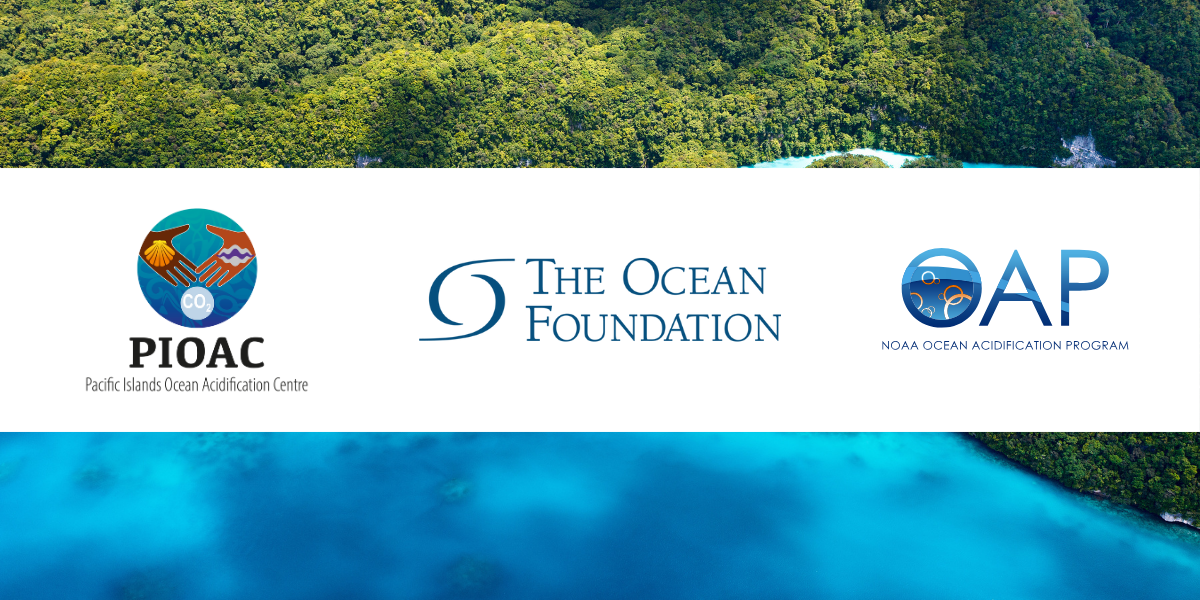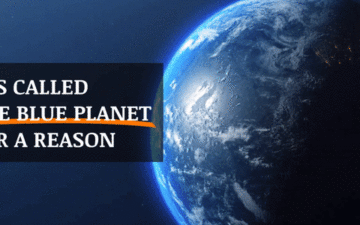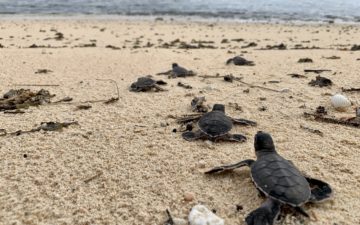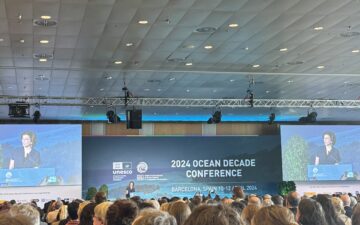The Ocean Foundation is pleased to announce a grant opportunity to support researchers in the Pacific Islands who are working on ocean acidification to gain additional practical experience and knowledge that advances their research abilities. This call is open to those who reside and conduct ocean acidification research in the Pacific Islands region, with preference given to those who are in:
- Federated States of Micronesia
- Fiji
- Kiribati
- Maldives
- Marshall Islands
- Nauru
- Palau
- Philippines
- Samoa
- Solomon Islands
- Tonga
- Tuvalu
- Vanuatu
- Vietnam
Those in other PI countries and territories (such as Cook Islands, French Polynesia, New Caledonia, Niue, Northern Mariana Islands, Papua New Guinea, Pitcairn Islands, Tokelau) may also apply. The application deadline is 23 February 2024. This will be the only call for such proposals. Funding support is provided by the NOAA Ocean Acidification Program.
Scope
This grant opportunity will enable recipients to advance an area of their work on ocean acidification, thus contributing to increased resilience in the Pacific Islands region. Proposed activities should take a collaborative approach, with an emphasis on expanding the capabilities of the applicant as a result of engaging others working on ocean acidification. Established GOA-ON Pier2Peer pairs are encouraged to apply, but the applicant may identify other collaborators that enable them to advance skills, obtain training, refine research approaches, or share knowledge. Activities engaging the Pacific Islands Ocean Acidification Centre based at The Pacific Community in Suva, Fiji, are especially encouraged. While the applicant must be based in the Pacific Islands region, collaborators need not work in the Pacific Islands region.
Activities that can be supported by this opportunity include but are not limited to:
- Attending training focusing on a research methodology, data analysis skills, modeling efforts, or similar learnings
- Travel to the Pacific Islands OA Centre, arranged in collaboration with its personnel, to train on the GOA-ON in a Box kit
- Inviting an expert in an aspect of the ocean acidification field to travel to the applicant’s facility to assist with a particular protocol, build a new equipment setup, troubleshoot a sensor or methodology, or process data
- Initializing a collaboration with a mentor of choice that advances the applicant’s specialized knowledge, such as embarking on a discrete research project or drafting a manuscript
- Leading a gathering of researchers to conduct a specialized workshop, share approaches, and/or discuss research findings
TOF anticipates funding for each award around $5,000 USD. The budget should primarily enable activities that support collaboration between the applicant and a mentor/colleagues/teacher/etc, such as travel and training costs, although a portion of the budget may be used for equipment repair or purchase.
Application guidance
Proposals should outline one or more joint activities that expand the capability of the applicant via a collaboration with one or more ocean acidification researchers. Successful projects will be feasible and have an impact on the applicant as well as on OA research beyond the project. Applications will be evaluated on the following criteria:
- The ability of the project to expand OA research capabilities of the applicant (25 points)
- The ability of the project to create strengthened capacity for ocean acidification research in the applicant’s institution or region (20 points)
- The applicability of the proposed collaborator(s) to support the activity/activities (20 points)
- The suitability of the activity/activities to the expertise, skill levels, financial resources, and technical resources of the applicant (20 points)
- The suitability of the budget for the activity/activities and outcome(s) (15 points)
Application Components
Applications should contain the following:
- Name, affiliation and country of the applicant
- Names of proposed collaborators–mentor(s), colleague(s), trainer(s), teacher(s)–or a description of what an ideal collaborator would provide and how they will be recruited.
- A project overview that includes
a) A brief description of the overall objective(s), purpose(s), and rough timeline of the activities (½ page) and;
b) Specifics of the activity/activities proposed (½ page) - How the project will benefit the applicant and is anticipated to contribute to overall greater institutional/regional OA capacity (½ page);
- Proposed line-item budget, noting the amount and breakdown for each major activity of the proposed work (½ page).
Submission Instructions
Applications should be emailed as a Word document or PDF to The Ocean Foundation ([email protected]) by 23 February 2024.
Questions about eligibility, inquiries on suitability of the proposed work, or requests for recommendations of potential collaborators (which are not guaranteed) may be sent to this address as well. Inquiries to discuss collaboration with the Pacific Islands OA Centre can be made to [email protected].
Dr. Christina McGraw at the University of Otago is available to offer feedback to applications, including proposed activities and the proposal itself, to suggest improvements prior to submission. Requests for review may be sent to [email protected] by 16 February.
All applicants will be notified of the funding decision by mid-March. Activities should be conducted and funds should be expended within one year of receipt, with a final brief narrative and budget report due three months later.







